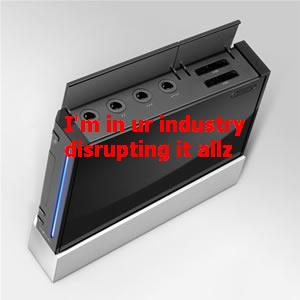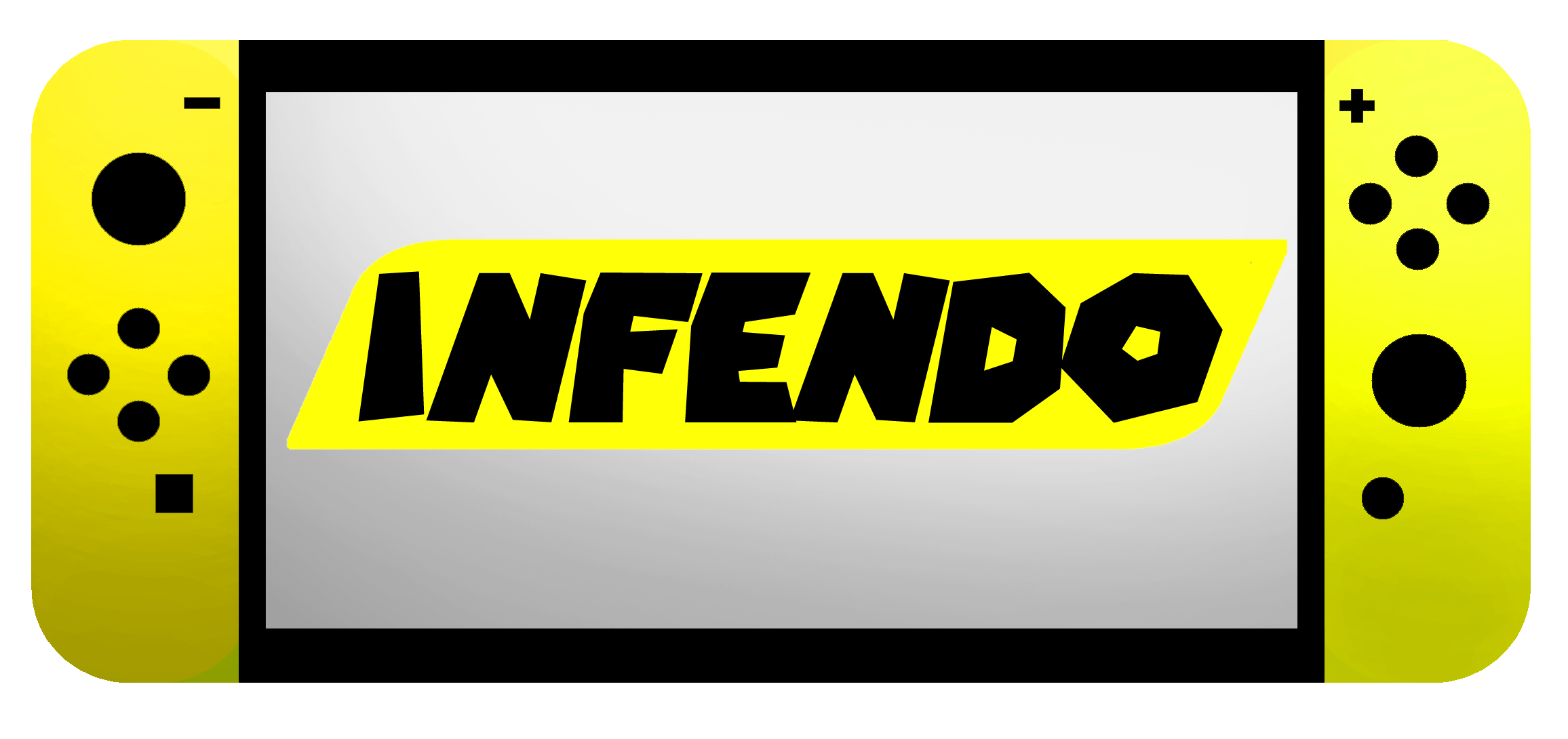 Thanks to a healthy dose of E3 hype, the Wii has coasted past the Xbox 360 to become the console with the most “exclusive titles”, according to Gaming Target, which has tracked such things since last year. “Yes, the Xbox 360 is no longer the leader in exclusive titles for the first time since we began tracking them in October of 2006. Nintendo’s little white behemoth has pulled ahead after a stellar E3 where nearly every major (and minor) publisher pledged plenty of support for the system,” Gaming Target said.But the thing that caught my eye wasn’t the graph depicting Wii taking over the top spot, it was a sentence buried in the post graph analysis on page 2.
Thanks to a healthy dose of E3 hype, the Wii has coasted past the Xbox 360 to become the console with the most “exclusive titles”, according to Gaming Target, which has tracked such things since last year. “Yes, the Xbox 360 is no longer the leader in exclusive titles for the first time since we began tracking them in October of 2006. Nintendo’s little white behemoth has pulled ahead after a stellar E3 where nearly every major (and minor) publisher pledged plenty of support for the system,” Gaming Target said.But the thing that caught my eye wasn’t the graph depicting Wii taking over the top spot, it was a sentence buried in the post graph analysis on page 2.
The PS3 now has the small, dedicated fanbase that is selling almost solely on the strength of its first party releases (taking over for the GameCube).
And then this:
And the system’s lo-fi graphical capabilities will guarantee that the budget releases will continue to flood the system (likely further increasing the quantity of exclusives). But the sheer number of games that are in development for the Wii (even if most are budget titles or minigame compilations) will fuel system sales, which will fuel more budget releases, which will create an endless loop of sales
The parallels to the PS2 era are striking, to say the least. But there’s more to it than that. Satoru Iwata is looking more like a genius and less like an overconfident executive when he said the Wii could surpass the PS2 in sales.
Our resident Blue Ocean Savant Malstrom recently dropped by to leave a comment yesterday that I think applies to this discussion too.
And you want to know what the funny thing is? The Wii explosion has not yet really begun. We are still on the cusp of the ”˜revolution’. The real sales fireworks has yet to come. Typically, a disruptive product will have a higher than usual early adoption rate. Then, the product will coast for a while until truly taking off (this is when analysts proclaim the fad is over). The higher the early adoption rate, the greater the degree of future disruption.
Everyone is mistaking the Wii has already taken off. It hasn’t. We are witnessing insane early adoption rates. The Wii, aside from Wii Sports, still doesn’t have the correct software for it (but it will get it). The ”˜Super Gamecube’ games like Metroid Prime 3, Mario Galaxy, and Mario Kart Wii won’t be the ”˜correct’ software either. Nintendo needs something else, and it will probably emerge in September to “surprise the market”.
The funny thing about disruptive surprises is that you really can’t predict exactly what they’ll be. It’s called a “paradigm shift” and, when that phrase isn’t being watered down by bloggers and columnists trying to sound intelligent, it means things have changed or transformed to a point where we humans could not have imaged it before it happened. I’m talking the invention of fire type stuff here. Real deep like.
But as for gaming, I think Mal’s right. Can I call you Mal? I hope so. Reminds me of Serenity, and I aim to misbehave. In gaming, we’re seeing the beginning of this shift with the DS and now more so with the Wii. When a paradigm shift really begins to find its wheelhouse, there’s no turning back to what things were, only to what things will be when it’s all said and done.
Some people mistake this flowery rhetoric with a call for the end of hardcore gaming or the PS3. While I do think the PS3 will end prematurely, I do not think the types of games and visuals found on said system will ever “go away.” They can’t. They’re a genre in the bigger gaming picture.
However, what we will see is a further backlash against Nintendo. E3 was a great (or should I say sad) example of this. Nintendo actually offered up what people had supposedly said a gaming company could not survive without in this day and age. They offered release dates for their traditional first party IP titles like Metroid and Mario; they offered a glimpse at 32-player online functionality; and they previewed new partnerships and third party titles. And yet, they were attacked and will probably have their E3 2007 framed as “the show where they revealed WiiFit and the press complained hardcore might die because of it.”
What we’re seeing are the rumblings of a press and a community that are still very uncomfortable or even afraid of gaming’s now hazy and uncertain future. Think about your own life; when you were younger and didn’t understand something, what do you do? Nine times out of ten you probably stepped on it or — if it was particularly sunny out that day — took our your magnifying glass. You were afraid of it.
Chris Kohler over at Game|Life visited this topic after reading Joystiq’s reaction piece on Nintendo’s untraditional E3 showing:
“It says the games business is about to enter a period of mass acceptance and prosperity. Developers aren’t tasked with a choice between ‘casual’ and ‘hardcore’ — they have to choose between ‘casual’ or ‘go out of business.’ I’m exaggerating (a little), but as I’ve said before, the sort of zero-sum game thinking that says casual games are destroying hardcore games is wrong. If hardcore games die out, it’s not casual games’ fault — it’s their own. If anything, casual games, by increasing the total audience, will only help other kinds of games.”
I’ve used that rising tide line before, so I’m going to assume Game|Life is going to offer me a job in the next few weeks or I at least get a royalty check or something.
More seriously, people laughed at Nintendogs and Brain Training and the like, but then those games sold millions (and still are). Thing is, I don’t care about those games at all (well, maybe Brain Age… 23-year-old brain here *cough*cough*). What I do care about are the games that flood the system after their wild, wild success. WiiFit and the balance board are but a base for future IP on Nintendo’s system. Some people can see that clearly, even if the future is uncertain now thanks to Nintendo’s non-traditional success. Others, well, they attack and criticize something they’ve never tried simply because Reggie Fils-Aime looked awkward heading soccer balls onstage in Santa Monica. I think we addressed that sad phenomenon in Super Paper Mario, so I won’t revisit it here.
